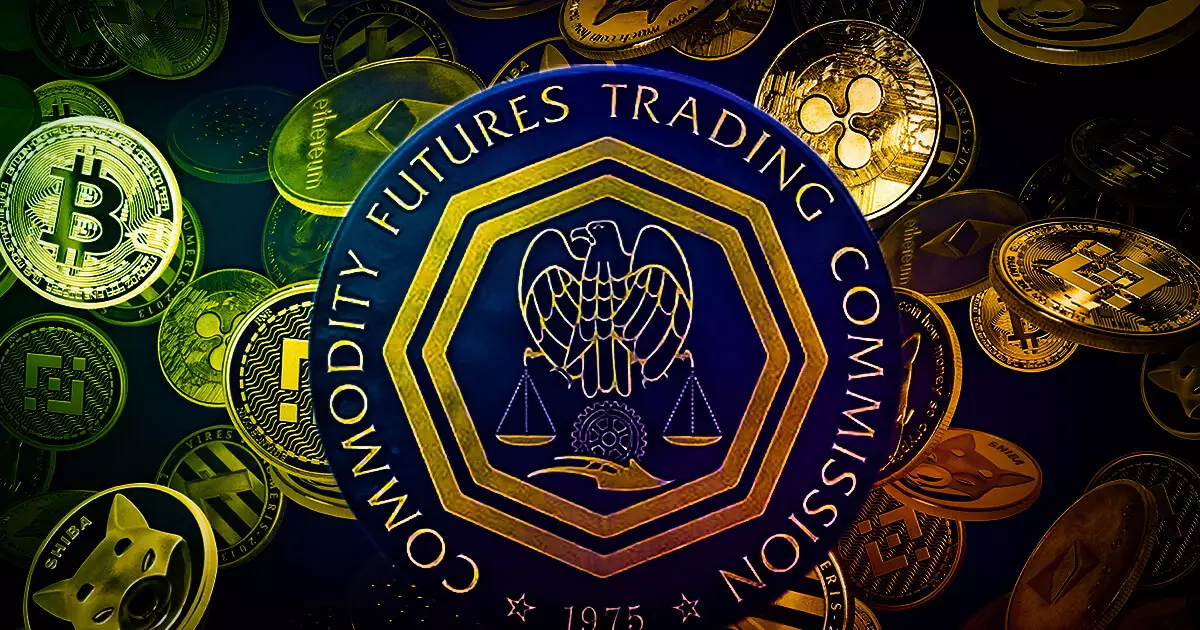In a pivotal ruling on October 2, the United States Court of Appeals for the District of Columbia Circuit set a significant precedent by determining that prediction markets facilitating bets on U.S. elections are legal. This decision follows a challenging legal tussle with the U.S. Commodity Futures Trading Commission (CFTC), which sought an administrative stay against prediction market Kalshi. The court’s dismissal of the CFTC’s appeal was pivotal, emphasizing that the agency failed to substantiate claims of potential irreparable harm to the public associated with election-related betting.
The outcome represents a critical moment for Kalshi, whose founder, Tarek Mansour, expressed both relief and excitement on social media, stating, “US presidential election markets are legal. Officially. Finally. Kalshi prevails.” This ruling allows Kalshi to reintroduce U.S. election-based contracts to its platform, thereby revitalizing its operations and setting the stage for future growth. However, it is essential to note that the court has left room for the CFTC to initiate a new stay request in response to emerging evidence, indicating that the regulatory landscape remains fluid.
The saga began on September 22, 2023, when the CFTC moved to prohibit Kalshi from offering political contracts, particularly after the prediction market sought to list a contract regarding congressional control predictions. Kalshi’s subsequent legal action, arguing the CFTC overstepped its jurisdiction, resonated with Judge Cobb, who ruled in favor of the market. This exchange highlights a tension between innovative financial platforms and regulatory bodies, as lawmakers have uniformly divided opinions regarding the legitimacy and ethics of such prediction markets.
The controversy surrounding election prediction markets has garnered attention from various lawmakers, leading to contrasting positions. A letter signed by eight politicians—including notable figures like Senators Elizabeth Warren and Chris Van Hollen—urged the CFTC to execute stringent enforcement actions against these markets, asserting that elections should not be commercialized. They argued that this would restore public faith in the electoral process. Yet, dissenting voices like Congressman Richie Torres have called for thoughtful regulation rather than outright prohibition, underscoring an emerging demand for balance in this area.
Kalshi’s legal victory not only positions it favorably within the current regulatory climate but also may set a precedent for other crypto-centric prediction markets, like BET and Polymarket. If the CFTC decides to heed calls for enforcement, these platforms could be impacted but might also find pathways to thrive in a newly legitimized environment. The implications of this ruling extend beyond Kalshi, signaling a potential shift in how predictive markets are viewed and regulated in the U.S., with possible changes on the horizon that could affect the broader financial and electoral landscape.
Overall, the recent ruling symbolizes a crucial intersection of innovation and regulation that could redefine the engagement of American citizens in the political domain through financial markets.

